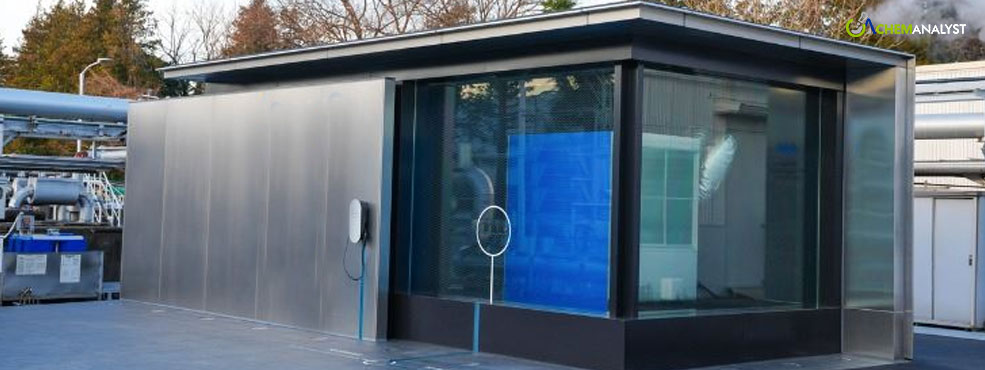Welcome To ChemAnalyst

Nissan Motor Co. Ltd. has unveiled a groundbreaking development in the realm of stationary power generation, introducing a high-efficiency system fuelled by bio-ethanol. The company has initiated trials at its Tochigi Plant in Japan, marking a significant step towards enhancing power generation capacity, with a targeted transition to full-scale operations by 2030.
This recent endeavor builds upon Nissan's pioneering work in 2016, when it became the world's first automotive company to create a vehicular propulsion system powered by a solid oxide fuel cell (SOFC) driven by bio-ethanol. Leveraging the expertise gained from this SOFC development, Nissan is now extending its application to stationary power generation systems.
Solid oxide fuel cells (SOFCs) can seamlessly integrate with reformers operating at elevated temperatures, generating electricity by reforming various fuels, including ethanol, natural gas, and LP gas. The high-temperature operations facilitate increased catalytic activity, resulting in an impressive power generation efficiency of 70%, surpassing the 60% efficiency achieved by polymer electrolyte fuel cells (PEFCs).
Looking forward, Nissan aims to advance the technology further by developing a metal-supported cell, a crucial component of the SOFC stack. This innovation is expected to bolster cell strength, leading to shorter start-up and shutdown times and enabling more responsive load-following operations to accommodate sudden fluctuations in output demand. This strategic enhancement positions the SOFC system for effective operation alongside renewable energy sources in the future.
In terms of fuel, Nissan's stationary power generation system will utilize bio-ethanol derived from sorghum, known as sorghum bio-ethanol. This specific biofuel has been collaboratively developed with Binex Inc., with Binex being the designated supplier of the fuel starting from 2025.
While it's acknowledged that sorghum bio-ethanol emits CO2 during the SOFC power generation process, the company emphasizes a crucial aspect of sustainability. The CO2 emissions are offset by the absorption of carbon dioxide from the atmosphere during the growth phase of sorghum. This approach contributes to the realization of a carbon-neutral cycle, where the net increase in CO2 is effectively reduced to zero over the entire lifecycle of the system.
As part of their long-term vision, Nissan envisions a future where this bio-ethanol-powered system seamlessly integrates with renewable energy sources. The flexibility of the SOFC technology, coupled with the sustainable sourcing of bio-ethanol, positions Nissan as a key player in the transition towards more environmentally friendly power generation solutions.
Furthermore, the collaboration with Binex Inc. underscores the importance of strategic partnerships in driving innovation and sustainable practices. By working together on the development of sorghum bio-ethanol, Nissan and Binex aim to contribute not only to advancements in clean energy technology but also to the establishment of ethical and environmentally responsible supply chains.
We use cookies to deliver the best possible experience on our website. To learn more, visit our Privacy Policy. By continuing to use this site or by closing this box, you consent to our use of cookies. More info.
